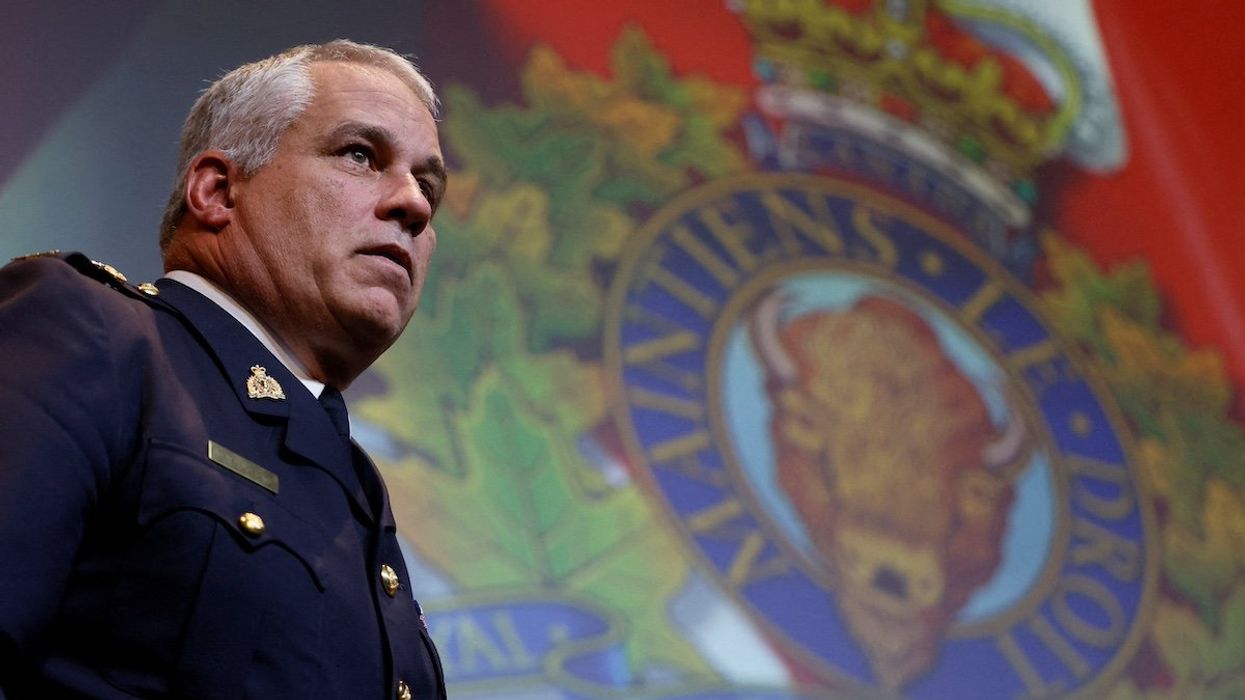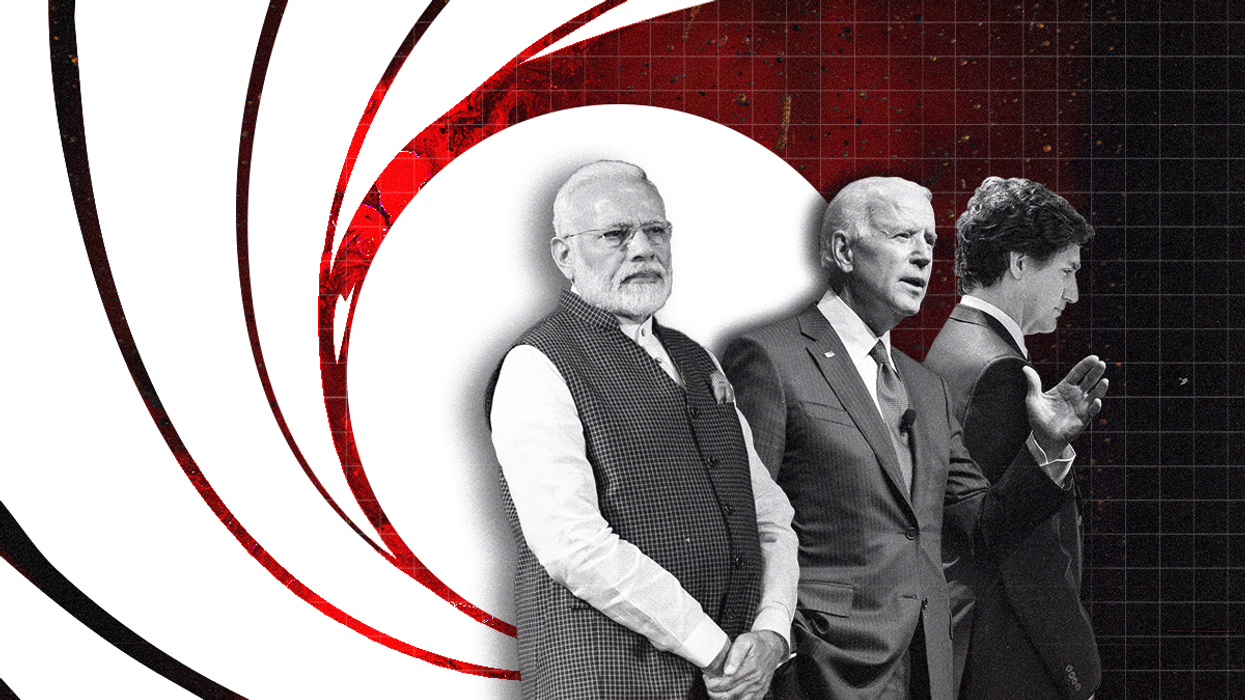What We're Watching
India and Canada expel diplomats in deepening criminal scandal
Canadian authorities declared India’s High Commissioner Sanjay Kumar Verma a persona non grata note on Monday, expelling him and five other diplomats from their posts over allegations they were part of a criminal network harassing Canadian Sikhs.
Oct 14, 2024


